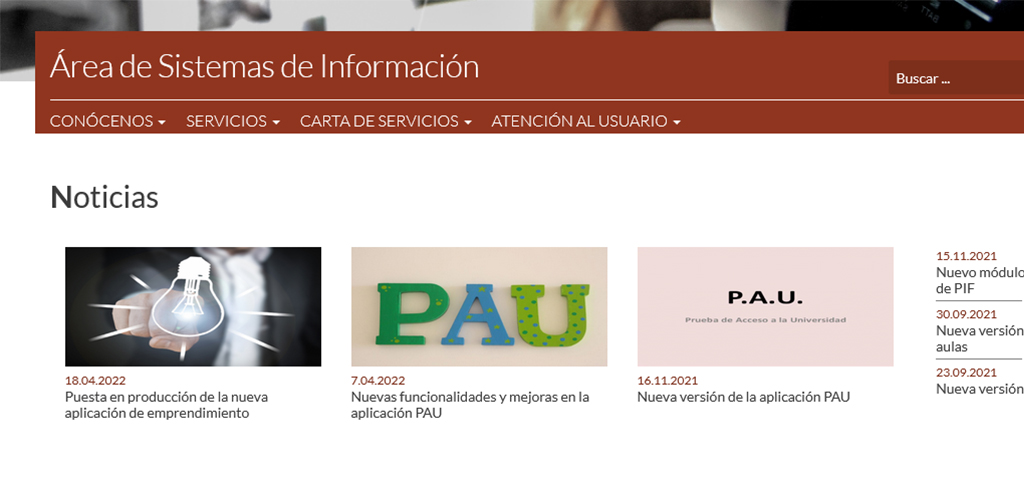The pace of digitisation of the UCA has increased with the incorporation of the secure browsing service based on “DNS firewall”.
Technicians from the Information Systems area (ASI), dependent on the Vice-rectorate of Digitalisation and Infrastructures, have proceeded this summer to the installation and configuration of the new firewall system of the University of Cadiz, with a secure browsing service based on DNS firewall, which has managed to increase the rate of digitalisation of the UCA as this feature is considered as a valuable element to improve its graduation.
The equipment acquired implements a cluster formation that allows high availability and the creation of multiple firewall instances, which will make it easier to segment the security areas more efficiently. It is also several times more powerful than its predecessor. Specifically, it has a packet filtering capacity of 198 Gbps, next-generation firewall performance in application recognition of 19 Gbps and can maintain 24 million concurrent TCP sessions, supporting the creation of a total of 1 million new sessions per second. It processes 180 Mbpps (packets per second) and supports up to 30,000 concurrent VPN users.
A key feature, according to the UCA’s director for e-administration, Abelardo Beláustegui, is its ability to provide a secure browsing service based on DNS firewall, which performs the functions “of a DNS address resolver but includes a security check of the destination site, warning of any anomalies”. The service has been activated.
The digitisation index is indicated in Annex III of Royal Decree 641/2021 of 27 July, which regulates the direct granting of subsidies to Spanish public universities for the modernisation and digitisation of the Spanish university system within the framework of the Recovery, Transformation and Resilience Plan.


